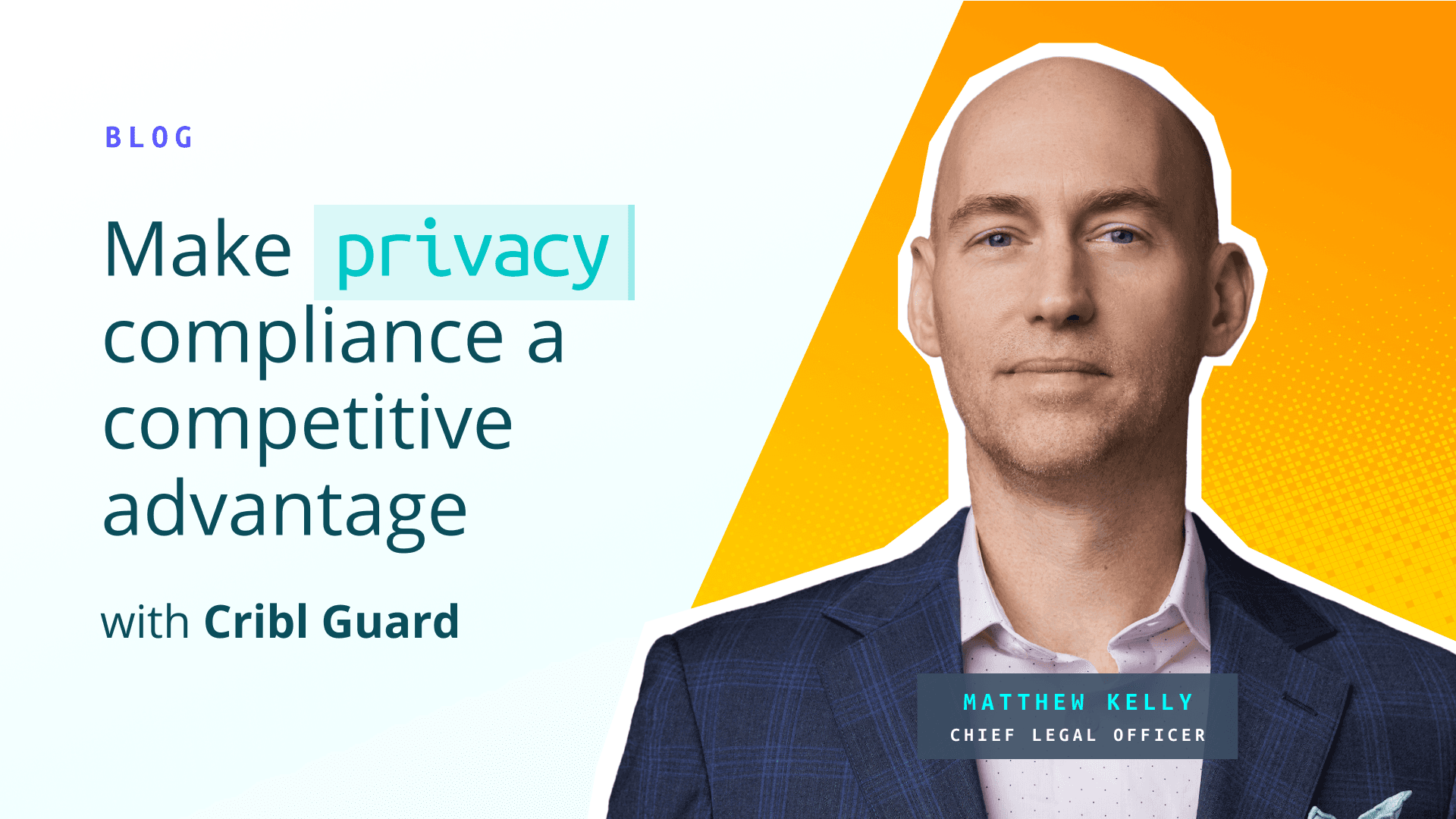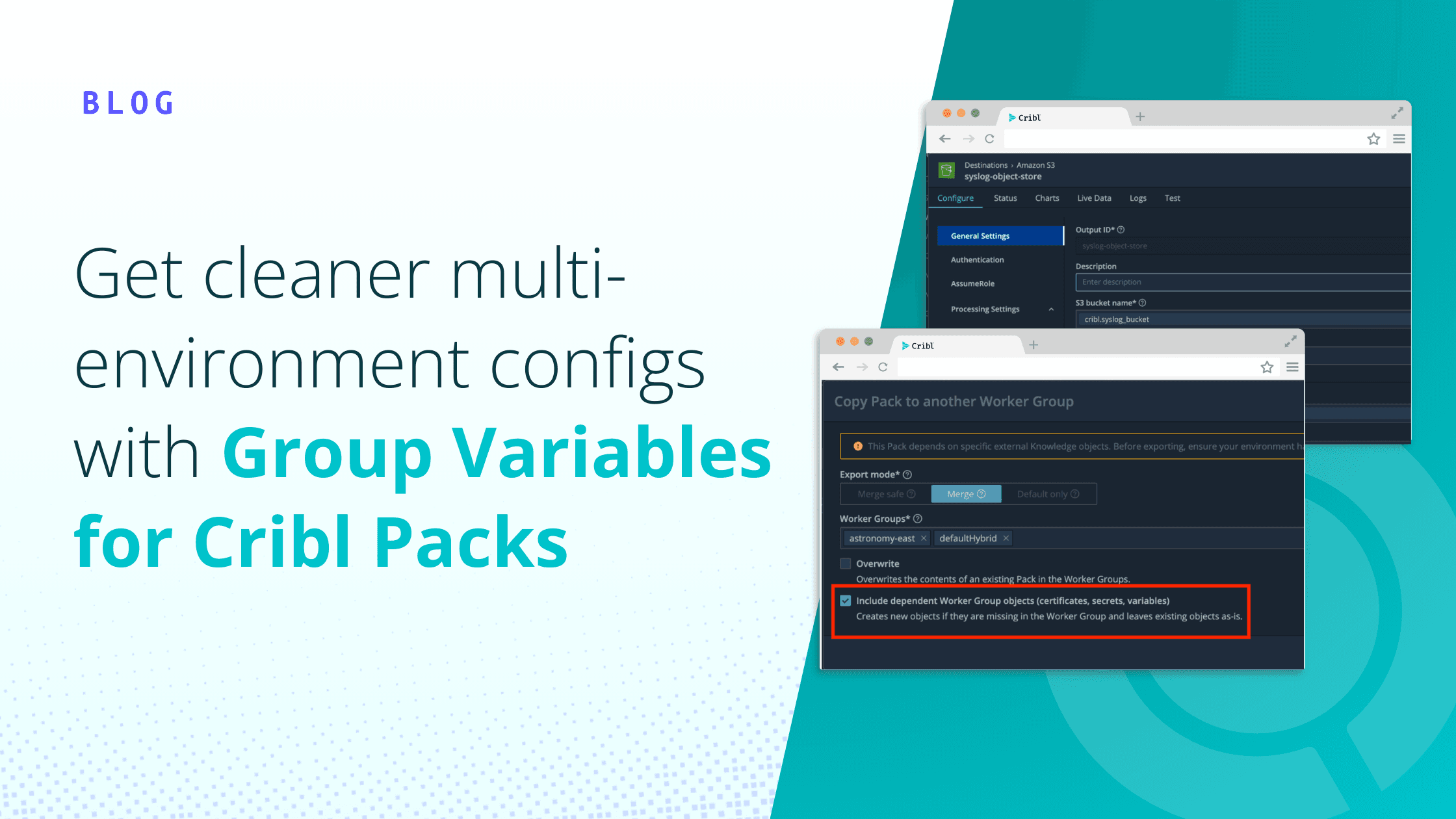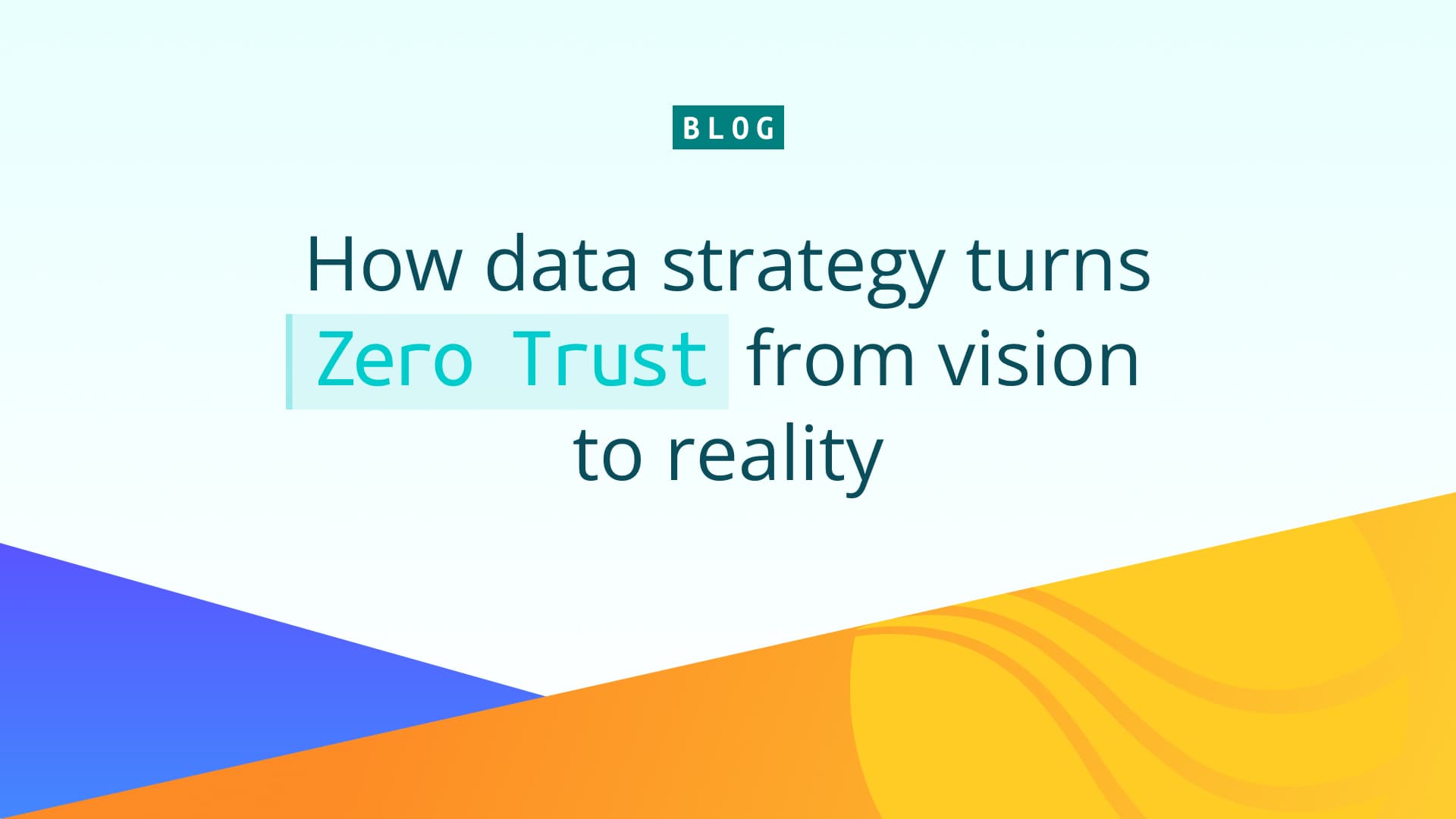As Chief Legal Officer, I’ve personally navigated the complex, ever-shifting landscape where privacy compliance meets rapidly evolving technologies. Whether it’s the sweeping reach of a law protecting personal data in the EU, the specific demands of a law giving California residents more control over their personal information, or the critical protections of a law safeguarding sensitive patient health information in the U.S., one challenge remains. Enterprises recognize that sensitive data is flowing through their systems, but they struggle to identify, control, and protect it in real-time.
That's why I'm excited to discuss how our feature Cribl Guard transforms privacy compliance from a reactive checkbox exercise into a proactive competitive advantage.
The Compliance Challenge: Three Regulations, One Common Thread
The EU’s General Data Protection Act (GDPR), California’s Consumer Privacy Act (CCPA), and the U.S. Health Insurance Portability Act (HIPAA) have unique requirements. Still, they share fundamental principles derived from decades-old Fair Information Practice Principles: organizations must know what sensitive data they collect, where it goes, and how it's secured. Let's examine how Cribl Guard addresses the specific requirements of each regulation for your enterprise.
GDPR Compliance
Among other notable requirements, the General Data Protection Regulation requires organizations to abide by the principles of data minimization and integrity (or security).
Cribl Guard fulfills this mandate by scanning telemetry data streams in real-time, enabling the masking, redaction, or deletion of personal or sensitive data before it reaches downstream storage or analysis solutions. This ensures that you retain only what's necessary for your legitimate business purposes, while also creating a technical safeguard (i.e., masking) that demonstrates your commitment to data integrity.
Because GDPR requires human oversight of automated processing decisions that significantly affect individuals (Article 22), Cribl’s human-in-the-loop feature is particularly valuable. Cribl Guard's approval workflow ensures that operators maintain ultimate control over how sensitive data is handled.
CCPA Compliance
The California Consumer Privacy Act grants consumers specific rights over their personal information and requires businesses to implement reasonable security measures to protect it.
Cribl Guard supports CCPA compliance through the following:
Real-time detection capabilities give you instant visibility into what categories of personal information are flowing through your telemetry systems, making it far easier to respond to consumer access requests.
When consumers exercise their deletion rights, Cribl Guard's masking and deletion features ensure their personal information is removed from data streams going forward, preventing reintroduction into your systems.
What’s more, Cribl Guard's real-time scanning and protection mechanisms demonstrate a proactive security posture that goes beyond "reasonable security procedures” required of CCPA (Section 1798.150).
HIPAA Compliance
The Health Insurance Portability and Accountability Act's ‘Security Rule’ imposes requirements on how covered entities and their business associates handle Protected Health Information (PHI) and its electronic equivalent (ePHI).
Cribl Guard addresses key HIPAA Security Rule requirements:
Administrative Safeguards: The monitoring and audit capabilities provide the risk analysis and management tools required under HIPAA, giving you visibility into where ePHI appears in your telemetry data flows.
Technical Safeguards: Access controls and masking features ensure PHI is protected both in transit through your pipelines and when routed to authorized destinations. Automatic detection prevents ePHI from reaching unauthorized systems.
Audit Controls: Comprehensive logging of detection events, operator decisions, and data handling actions creates the audit trail necessary for HIPAA compliance documentation.
For business associates handling ePHI on behalf of covered entities, Cribl Guard provides demonstrable technical safeguards that satisfy contractual obligations and regulatory requirements.
Building a Defensible Privacy Posture
From a legal perspective, what matters most in privacy compliance isn't perfection—it's demonstrating that you've implemented reasonable safeguards and that you can document your efforts. Cribl Guard provides both the technical controls and the audit trail to show regulators, customers, and business partners that you take data privacy seriously.
The human-in-the-loop design is particularly important in the privacy context. Regulators increasingly scrutinize purely automated systems, especially when they make decisions about sensitive data. By maintaining human oversight while leveraging AI for detection, Cribl Guard strikes the right balance between efficiency and accountability.
Conclusion: From Compliance to Capability
Privacy regulations aren't going away—they're expanding. More jurisdictions are enacting comprehensive data protection laws, and existing regulations are becoming more stringent. Rather than viewing compliance as a burden, forward-thinking organizations are using tools like Cribl Guard to build privacy capabilities that create lasting business value.
If you're ready to move beyond checkbox compliance and build a true privacy-by-design architecture, I encourage you to explore how Cribl Guard can strengthen your organization's data protection posture.
For more information about Cribl Guard and how it can support your privacy compliance initiatives, visit cribl.io or contact our team for a demonstration.








